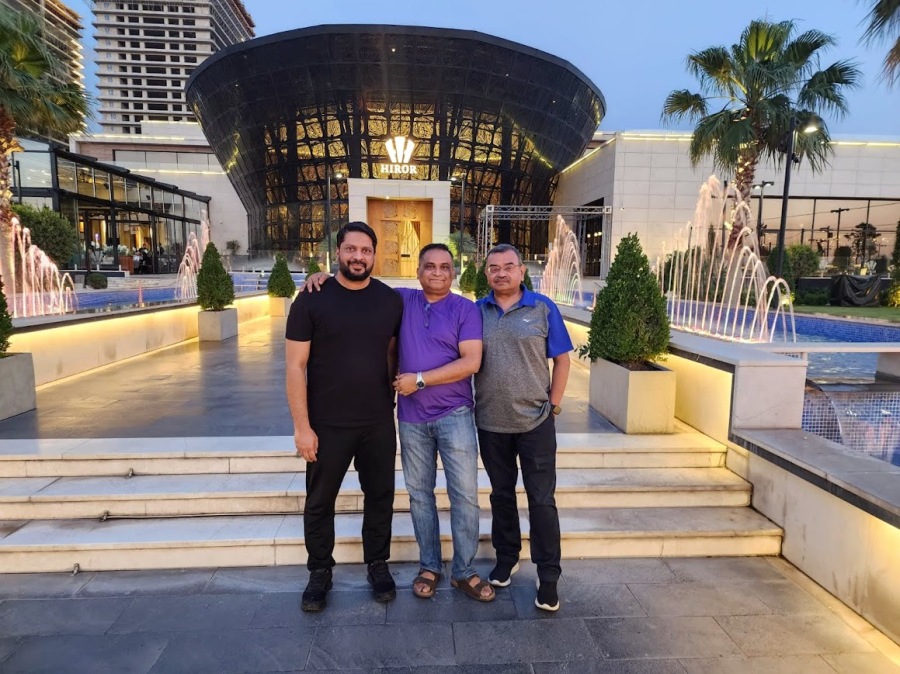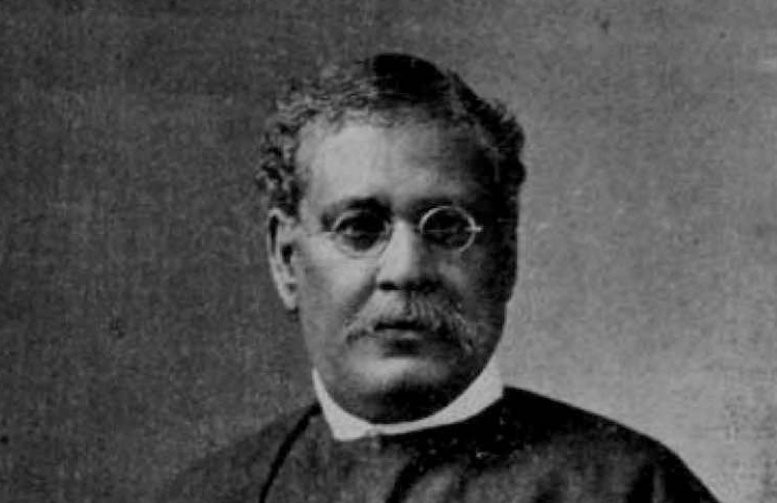On May 23, 2024, I bid farewell to Erbil after resigning from the bank. The evening before, at Hiror Restaurant, I cherished the company of friends and indulged in exquisite food. Despite the joy, the impending separation weighed heavily on us. The thought of not seeing Arbab and Joel regularly saddened me. Their friendship made my time in Erbil truly enjoyable, and I hope our paths cross again someday.










